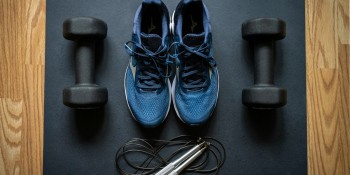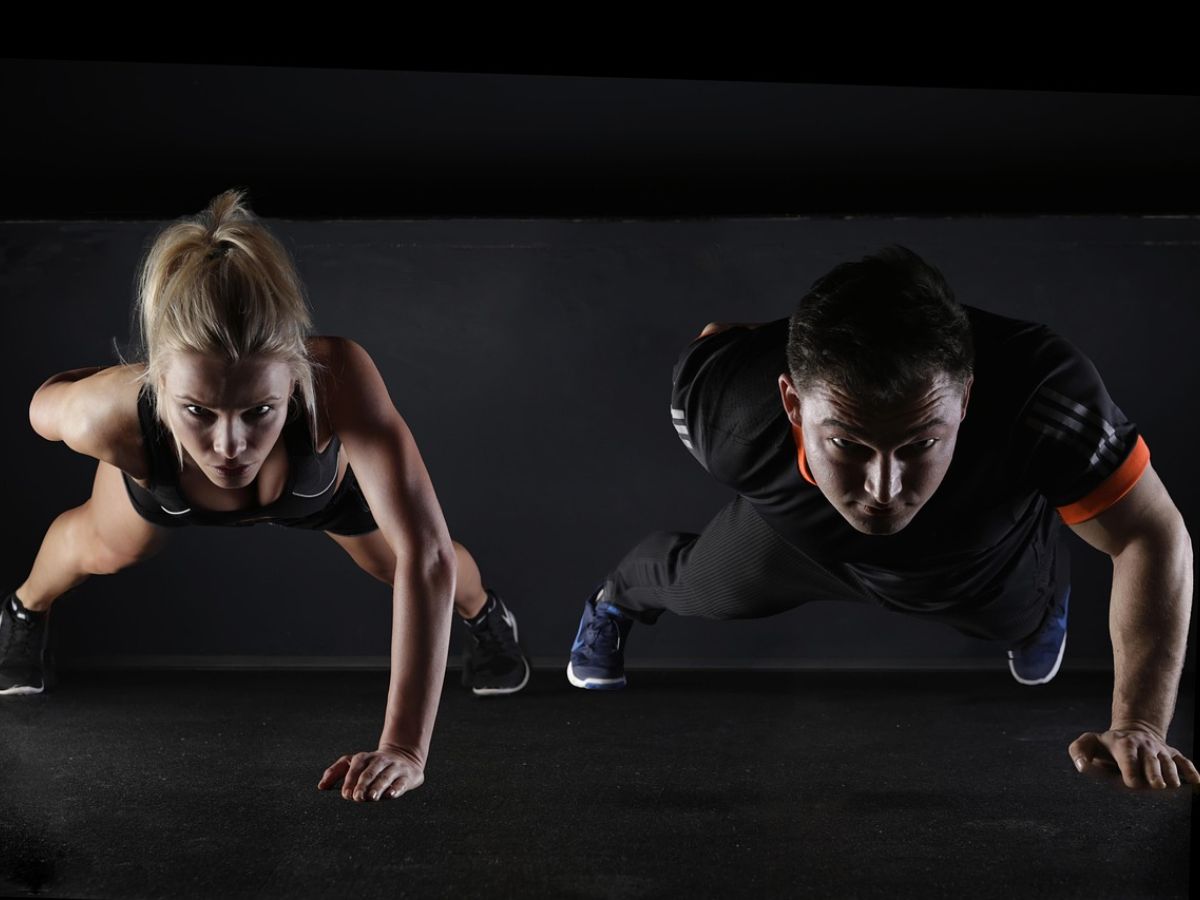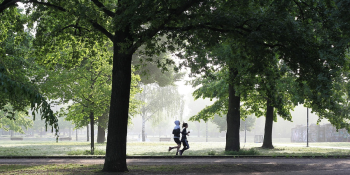Functional Fitness: Strengthening Life, One Movement at a Time
Life is made up of countless small movements. From bending down to tie your shoes, lifting a bag of groceries, reaching for a high shelf, to playing with your children or grandchildren, these everyday actions shape our experiences. Yet, in our modern, sedentary lifestyle, we often take these simple movements for granted. Over time, weak muscles, poor balance, and lack of coordination make these routine tasks more challenging, leading to discomfort, injuries, or a sense of limitation in life’s simple joys.
This is where functional fitness comes in, a holistic approach to exercise that goes beyond building muscles or burning calories. Functional fitness focuses on strengthening the body in ways that directly translate into improved daily life. It’s about training your body to move efficiently, safely, and confidently in every situation.
The Heart of Functional Fitness
At its core, functional fitness isn’t about sculpting a perfect body or chasing fleeting aesthetics. It’s about empowering yourself to live life fully and independently. Think about it: your body is your lifelong companion. Treating it with care, teaching it to move well, and building resilience is not a luxury, it is an act of self-respect.
Functional exercises mimic movements we perform daily, such as squatting to pick up a child, twisting to reach for something, pushing a door open, or carrying a heavy basket of vegetables. These exercises strengthen multiple muscle groups at once, improve flexibility, and enhance coordination, ensuring that your body works as a harmonious unit rather than isolated parts.
Why Functional Fitness Matters
The beauty of functional fitness lies in its practicality and inclusivity. Whether you are a young professional, a busy parent, or an older adult, functional exercises can be tailored to your level, your goals, and your daily needs.
1. Improved Balance
Balance is the foundation of movement. Simple functional exercises, like single-leg stands or walking lunges, teach your body to stabilize itself, reducing the risk of falls. This is a crucial benefit, especially as we age. Imagine being able to climb stairs confidently, step off a curb without hesitation, or play catch with your children without fear of losing your footing.
2. Enhanced Coordination
Daily life demands coordinated movements. Picking up a child while holding groceries, twisting to reach a cupboard, or even typing at a desk requires the seamless coordination of muscles. Functional fitness trains the brain and muscles to work together, creating smoother, more efficient movements.
3. Strength Where It Matters
Muscle strength is not just for lifting weights at the gym, it is for lifting the burdens of everyday life. Functional exercises like squats, push-ups, and kettlebell lifts build real-world strength, making routine tasks easier and reducing fatigue. Carrying a bag of supplies from the market, gardening, or moving furniture becomes manageable and even enjoyable.
4. Injury Prevention
Weakness, stiffness, and poor movement patterns often lead to injuries. Functional fitness strengthens stabilizing muscles and improves flexibility, which protects joints and ligaments. With consistent practice, you feel confident and agile, moving through life without unnecessary aches or limitations.
The Emotional Connection
Functional fitness is more than physical, it is emotional and psychological. There is a profound satisfaction in knowing your body can support you in every moment. Simple daily acts, playing with your child, walking your dog, reaching for your favorite book, or climbing a mountain trail, become sources of joy rather than sources of struggle.
Imagine this, an elderly grandmother bending down to tie her shoelaces without wincing in pain, a young mother lifting her child effortlessly after a long day, or a busy professional comfortably carrying heavy groceries up the stairs. Functional fitness doesn’t just build strength, it builds freedom, independence, and confidence.
Examples of Functional Exercises
Functional fitness doesn’t require fancy gyms or equipment. Many exercises can be performed at home or in local parks, using your body weight or simple items like water bottles or chairs. Here are a few examples:
- Squats
Mimic the motion of sitting and standing. Strengthens legs, core, and stabilizing muscles.
- Lunges
Improve balance and strengthen thighs, glutes, and hips.
- Push-Ups
Enhance upper body strength, stabilizing core muscles used in everyday pushing or lifting movements.
- Planks
Build core strength and endurance, supporting posture and protecting the back.
- Step-Ups
Strengthen legs and improve coordination for climbing stairs or uneven surfaces.
- Rotational Movements
Twisting exercises improve flexibility and functional movement, making reaching or turning easier.
These exercises may seem simple, but when performed consistently, they transform your body’s capacity to move confidently and safely in everyday life.
Integrating Functional Fitness into Daily Life
The beauty of functional fitness is that it seamlessly blends into your routine. You don’t have to spend hours at a gym. Start small.
- Morning Stretch
Incorporate gentle squats, lunges, or twists as you wake up.
- During Chores
Engage your core while lifting, bending, or reaching.
- Family Activities
Turn playtime into a mini-workout by incorporating balance or movement games.
- Short Breaks
Use 5–10 minutes throughout the day for plank holds, step-ups, or bodyweight exercises.
Consistency is key. The goal isn’t perfection, it’s movement that empowers you to live fully and joyfully.
A Path to Empowered Living
Functional fitness is not just a form of exercise, it is a celebration of the body’s incredible capabilities. Every squat, step, twist, and lift is a reminder that your body is resilient, adaptable, and capable of supporting your life journey.
It teaches patience, mindfulness, and self-care. It reminds us that the simplest actions, tying shoes, picking up a basket, walking in the park, are gifts we can perform with strength, ease, and grace. Functional fitness restores confidence in the body, freeing us from fear or limitations and allowing us to engage fully in the moments that matter.
In a world that often glorifies aesthetics or extreme fitness trends, functional fitness brings us back to what truly matters. Living life with strength, balance, and joy reconnects us to our bodies, teaches us to move intentionally, and empowers us to handle life’s physical demands with confidence.
Whether you are climbing mountains, gardening in your yard, or simply picking up your child, functional fitness equips you to move through life safely, joyfully, and fully. It is not just exercise, it is a pathway to independence, resilience, and emotional freedom.
Start small, stay consistent, and honor your body with movements that truly matter. Fitness is not just about looking strong, it is about being strong where it counts: in the life you live every day.











-1741245072.png)

